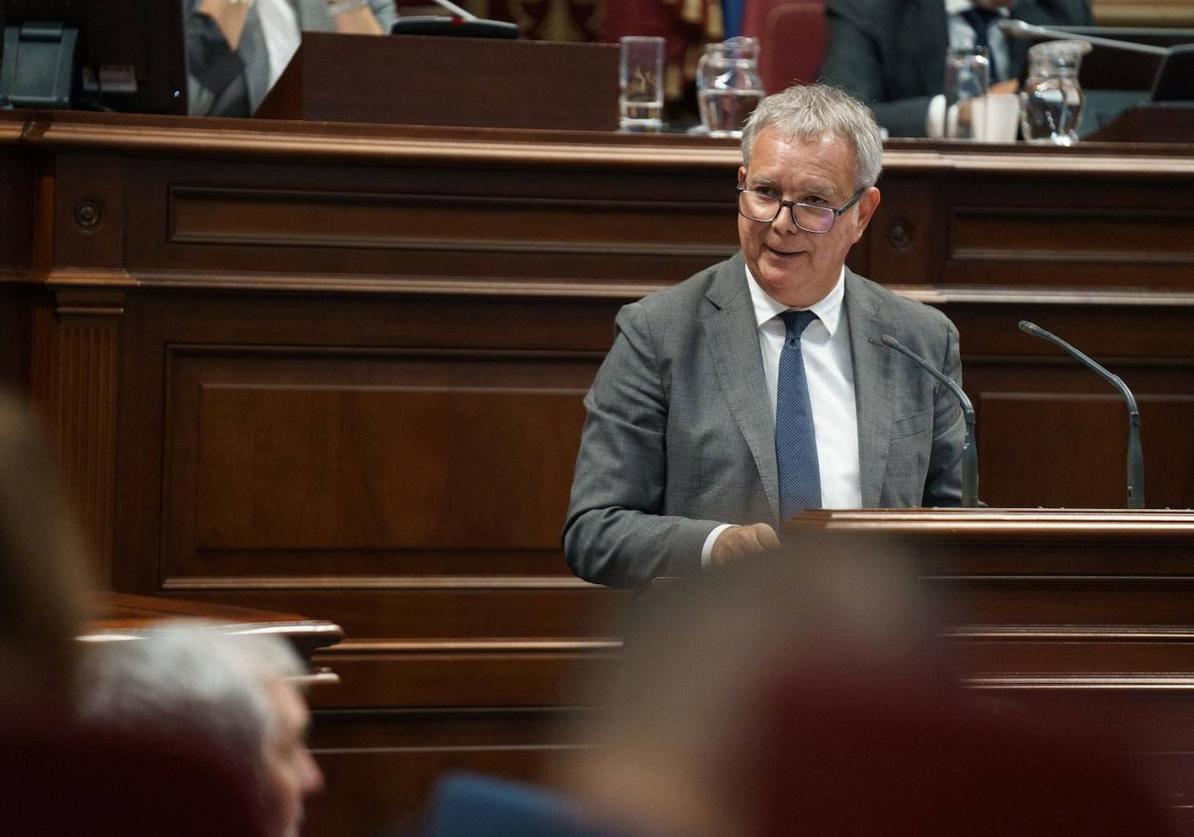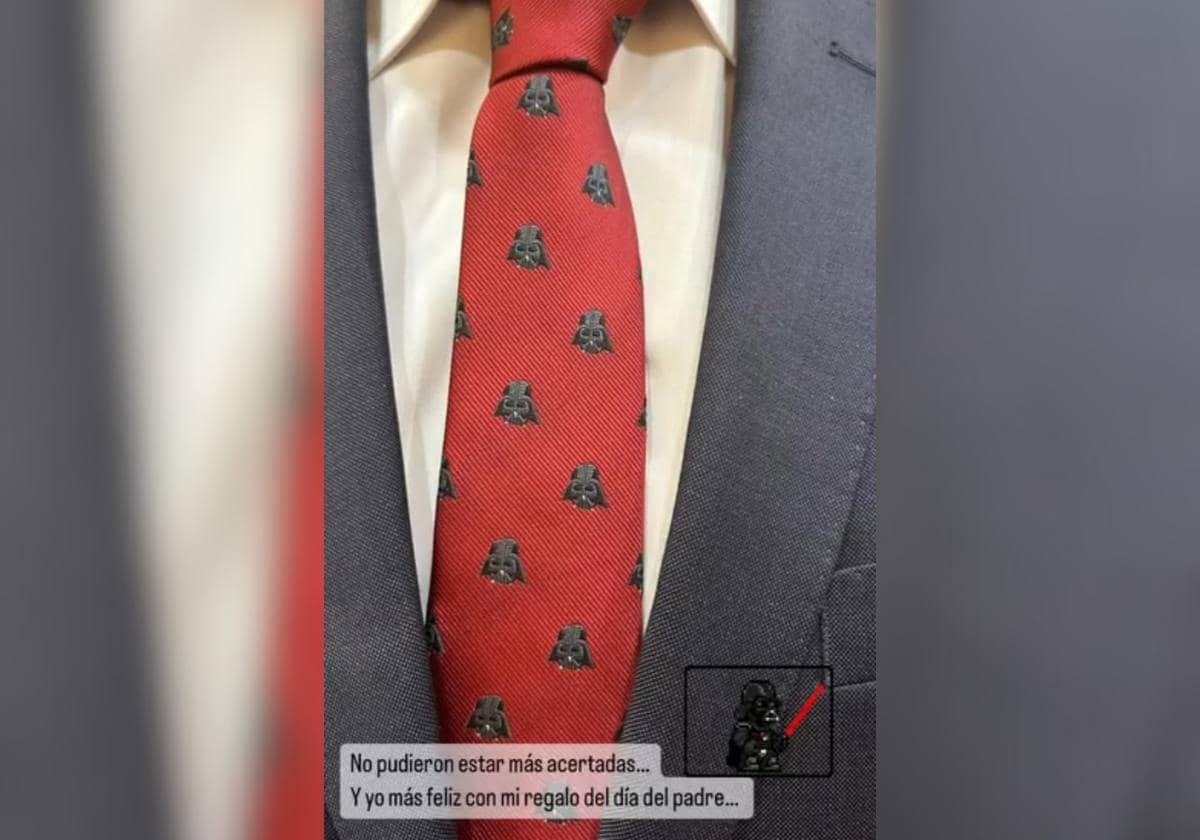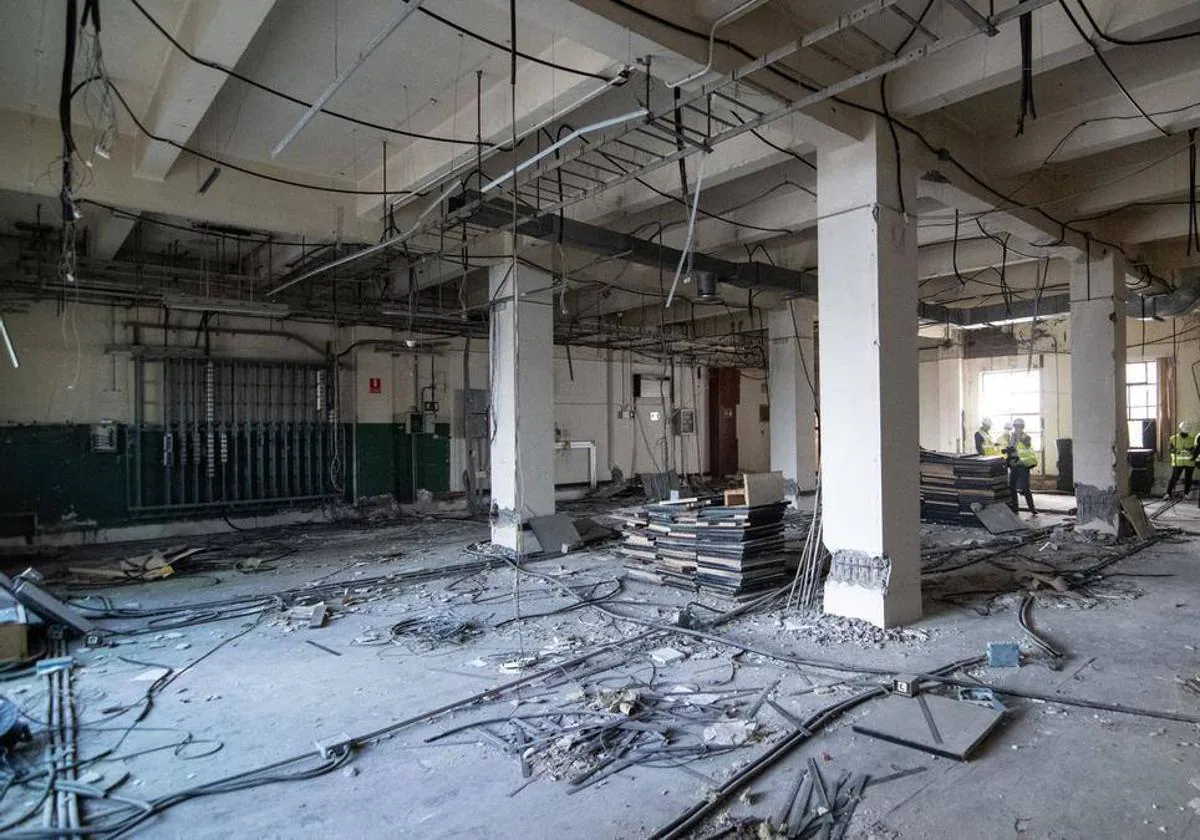"If the one who represents the institution does not believe in it, why would others believe?"

The former president of the Government and former leader of the Popular Party José María Aznar this Sunday was very critical of King Juan Carlos I for his recent tax regularizations before the Treasury. The last of them, known on Thursday, It involved a payment to the treasury of four million euros corresponding to the tax debts derived from the eight million euros that the monarch received for flights made in a private jet company and that the Zagatka foundation, owned by his distant cousin Álvaro, paid until 2018 of Orleans.
Eight years of research to open PP box B
Know more
"The law is to be fulfilled," Aznar assured when asked by the king emeritus during an interview on the program What about Évole from La Sexta, the space directed and presented by Jordi Évole. "You cannot play with the law," added the former president, who has ensured that societies "break down" and "end" when institutions are "delegitimized." "If the person who represents the institution does not believe in the institution, why will others believe it? If he does not represent it adequately, why is he going to ask others for respect?"
🔥 The new season begins with Aznar but there is much more.
This Sunday (21.25h), premiere. pic.twitter.com/N6LHnIUC6p
- What about Évole (@LoDeEvole) February 24, 2021
Aznar also wanted to emphasize that Juan Carlos I "Institutionally forms part of one of the basic powers of a nation and of a State" which is "the political part." And that is why he insisted: "The rules must be complied with, the laws must be respected.
Asked about the current division of the right into three political parties –PP, Vox and Ciudadanos–, Aznar has initially attributed it to the "general political division" of politics. However, he has wanted to throw several darts at his successor at the head of the PP, Mariano Rajoy, whom he himself handpicked in 2004 but from whom he distanced himself later. "Among my historical tasks was to unite everything that was to the right of the left. I did it. The PP has been the most important party in Spain for a long time, one of the most influential in Europe for some years and I, when I left, I gave a party and a totally united electoral space, "he has settled.
Asked if the responsibility for the current disunity of the rights has its origin in the management of Rajoy, Aznar has responded to Jordi Évole with the following words: "What happened later, ask those who came later."
The march from Genoa, a simple "move"
After recalling that he worked for twenty years at the national headquarters of the PP on Genova street in Madrid, Aznar wanted to downplay the fact that the current leader of the party, his political godson Pablo Casado, announced on February 16 the march of the historic building to break with the corrupt past of his political formation, which is being investigated in the courts and which, in part, concerns his time as president. "Some say it is a matter of administration, others sentimental, others historical, I think it is a move. If you want to change your house, then you change your house," he said.
Despite the fact that in his last confession to the Anticorruption Prosecutor's Office, the former PP Treasurer Luis Bárcenas detailed corrupt practices by the party when it was led by Aznar, including the collection of bonuses, the former president has wanted to disassociate himself from those actions. "I have never received a bonus," he remarked. He has also said that if he had known that someone on his team charged them "obviously he would have corrected it." "I have never received a bonus, never," he insisted.
Faced with the direct accusation by Bárcenas that Rajoy was one of the leaders who collected those bonuses, Aznar has avoided putting his hand on fire for his successor in the party. "I put my hand in the fire for me, the others who put their hand in the fire wherever they want. I say that I did not know that and I am convinced that these people acted in the most correct and complete way they could do", has concluded.










